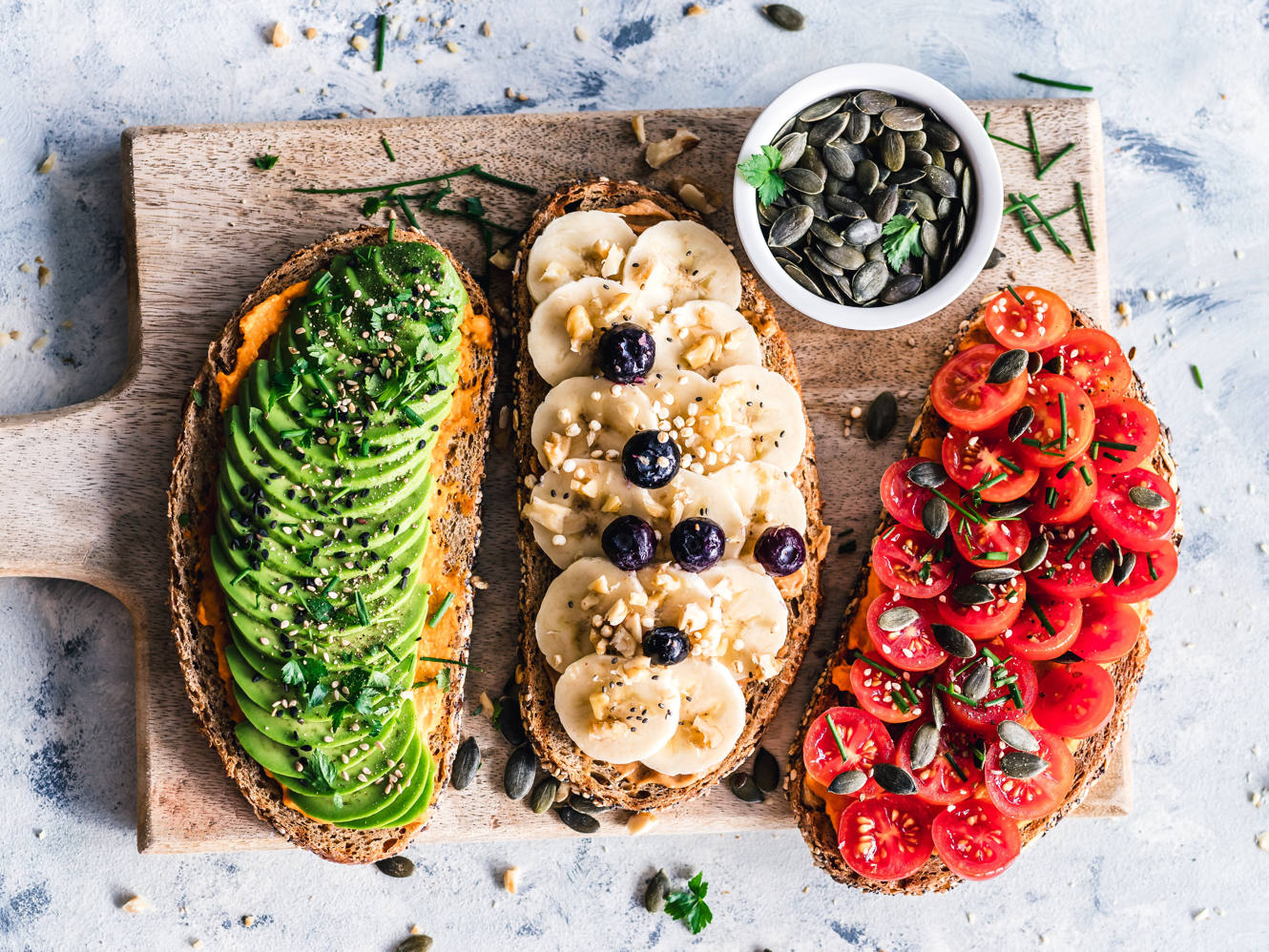Plant-based, Vegan or Vegetarianism | A Breakdown Of How Sustainable And Beneficial Each Are
Vegetarian, vegan, and plant-based are all great options for those who are ready to dive right in and make a big change. These three diets have some similarities but also distinct differences that are worth noting.
Sustainable lifestyle practices are on the rise with more people than ever seeking ways to improve their footprint and be an active, responsible participant in the environmental crisis. Neilsen polled 30,000 individuals in 60 countries and found that 66% of general consumers and 73% of Millennials are willing to spend more for sustainable goods. But the biggest change that individuals could make to improve the environment? Adopt a diet that incorporates more plants and less animal products. According to the UN's Intergovernmental Panel on Climate Change (IPCC), avoiding meat and dairy products is one of the biggest ways to reduce your environmental impact.
All food production has an environmental cost, but animal products are the heaviest hitters. More resources (e.g. land and water) are required to rear livestock than plant foods. Livestock production uses 75% of the earth’s agricultural land. In addition, the animals themselves produce methane gas. Eating 1-2 servings of beef per week for a year is the equivalent of driving 1542 miles in a regular gas vehicle or another way to think about it, one to two servings of beef requires 1,735m² of land. That’s equivalent to six tennis courts. The BBC offers this helpful calculator so that you can check your food’s environmental impact.
So if you’re like the 66% of consumers who want to improve the environment, it’s safe to say that adopting a more plant-friendly diet will have more impact. Vegetarian, vegan, and plant-based are all great options for those who are ready to dive right in and make a big change. These three diets have some similarities but also distinct differences that are worth noting.

WHAT IS A VEGETARIAN DIET
A vegetarian diet is probably the most well-known and straightforward of the three options, but essentially means eating a diet that is “meatless.” Vegetarians eliminate all meat from their diet (chicken, beef, etc.), for numerous reasons: ethical, environmental, dietary restrictions or health, and social. They do eat other animal byproducts like milk, eggs, and cheese. You may have also heard of variations of this diet like “lacto-vegetarian”, adding dairy back into the mix, “ovo-vegetarian”, which allows eggs, and “pescatarian”, who eats fish and seafood.
WHAT IS A PLANT-BASED DIET
A plant-based diet takes it one step further by eliminating all animal products (e.g. meat, dairy, eggs, etc.) and instead, relies on whole foods that are from a plant source. People on this diet also typically abstain from processed foods. They eat primarily grains, legumes, vegetables, fruits, and nuts.
WHAT IS A VEGAN DIET
A vegan diet is very similar to a plant-based diet in terms of the foods that are consumed but the distinction is actually outside of the kitchen. Veganism is deeply rooted in social, political, environmental, and ethical beliefs that are centered on protecting animal rights. This means that not only do they abstain from foods that are derived from animals but any consumer product that comes from animals or is tested on animals. This would include anything made with leather, fur, and even bees-wax lip balm. This is much less of a diet and more of a lifestyle in that it intertwines with all areas of the individual’s beliefs, habits, and purchases.
WHICH IS RIGHT FOR YOU?
Any of these dietary choices will have positive impacts on the environment and improve your sustainability practices. While a vegan or plant-based diet may have the lowest impact, they can be difficult for individuals to consistently maintain because they are strict and require a lifestyle change. Not sure if any of these are right for you? Give Meatless Monday a shot. This is essentially where you don’t eat meat for one day of the week (Monday). The organization reports that, “Skipping one serving of beef every Monday for a year saves the equivalent emissions to driving 348 miles in a car.” Regardless of which option you choose, making strides towards a more sustainable diet, one that is rich in vegetables, fruits, and so on, is commendable and is making a difference.

+ Words: Zelda Speight
Zelda Speight is a writer based in the United States whose work primarily focuses on sustainability and conscious consumerism. After studying Anthropology and Public Policy, Zelda became a management consultant where she partners with organizations during large-scale transformations. She leads communications teams for global energy companies and is a freelance writer for publications that share her passion for promoting a more conscious, sustainable lifestyle.
Find her on Instagram @bigsistercomplex




